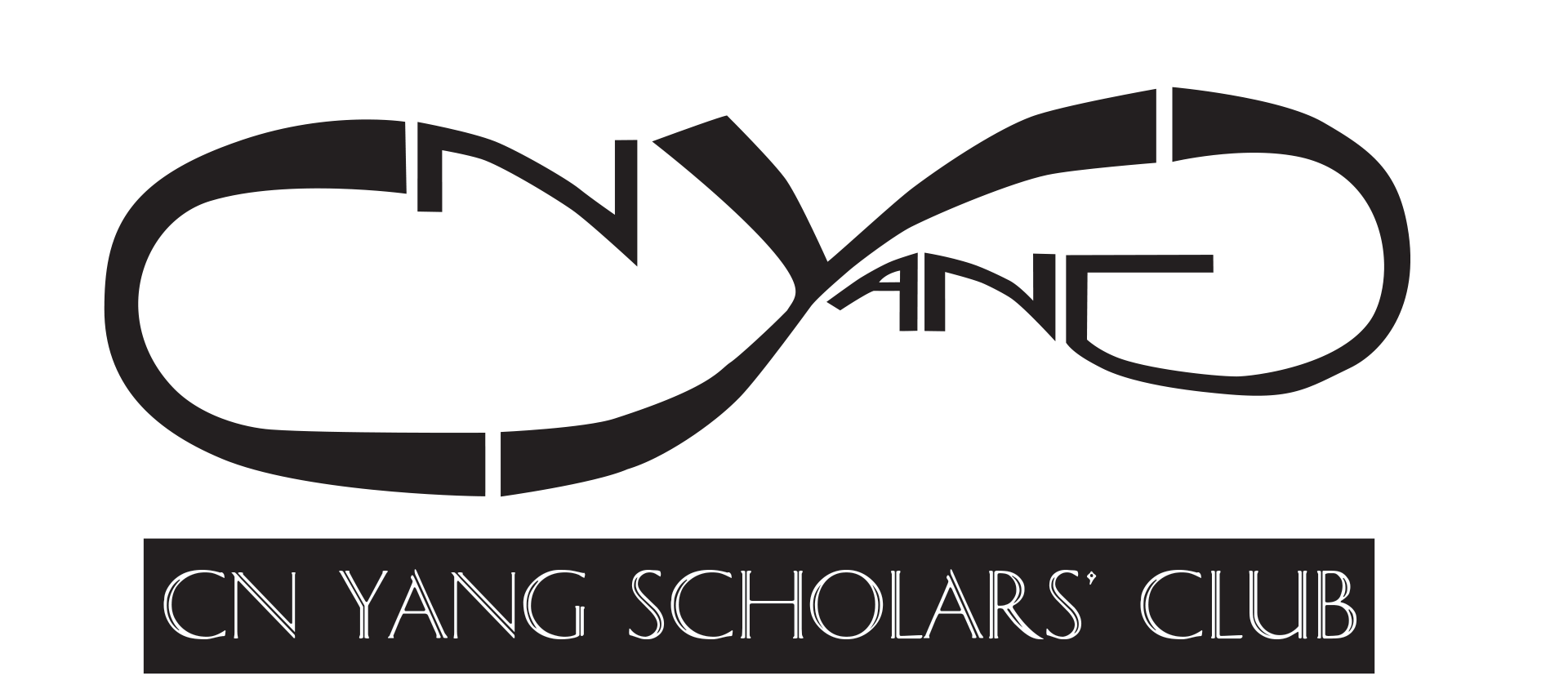Gallery: 2019 SC3DP Visit
Visit to St John’s Island National Marine Laboratory
BY ALEXIS GOH
On 12th October 2018, a group of us eager CN Yang scholars took a ferry over to St John’s Island. For most of us, it was our first time visiting one of Singapore’s Southern Islands, and we were looking forward to exploring what it had to offer.
Just a fifteen minute walk away and past many of the island’s feline inhabitants, we arrived at the St John’s Island National Marine Laboratory (SJINML). SJINML is Singapore’s one and only offshore marine research facility. Right at the entrance of the lab, we were greeted by an interesting aquarium installation – an open-air mangrove-habitat tank, featuring tide levels that changed as if in nature. Spotted pufferfish and archerfish happily swum amongst the mangrove roots, and darted over the sea cucumbers at the bottom of the tank.
The SJINML staff welcomed us into the building and introduced us to the history of the island as well as conservation work the lab was involved in. There was even a reconstruction of the kind of infrastructure and measures being enacted in Singapore’s coral reefs to support their growth, as they play very crucial roles as habitat spaces and in protecting shorelines.
We were then brought into the seminar room, where on-site researchers briefly introduced their work to us. As expected, many of them were studying our rich local marine biodiversity as well as general oceanography. In particular, we saw exclusive research images of Polychaetes, or bristle worms, and learnt more about the impact of algal bloom in water bodies. The researchers emphasised the need for more marine research to be conducted locally.
After the seminar session, we were then split into different groups to go on a tour of the labs. The staff introduced us to equipment they used, such as a microscope that allowed them to study micro-organisms and other debris in flowing water. In the lab, a researcher was working on meticulously sorting shells into various size groups; outside in the coral nursery, others were conducting checks on coral growth and health. It was clear that these researchers were very serious and passionate about their work.
After some free time spent exploring the scenic and peaceful island, we once again climbed aboard the ferry and arrived back to mainland Singapore.
For those interested in marine biodiversity, the Young Marine Scientist Research Award is a collaboration between SJIML and Marine Science R&D Program (MSRDP) to provide passionate youths the opportunity to conduct marine research. More information can be found here: http://sjinml.nus.edu.sg/explore-menu-2/
Thanks for reading!
Gallery: 2018 St. John’s Island visit
Duke-NUS Visit 2018
By TAN SEET YNN
Duke-NUS has always been a close friend to the CN Yang Scholars Program, with annual visits scheduled for our scholars to ask questions about the programmes offered there. This year was no different, with 12 of our scholars dropping by to find out more about Duke-NUS’ unique curriculum from our NTU Alumni: Liu Shi Yang, Tan Kai Wei, Charles Tiu and Justin Ooi.
Besides its status as a Graduate Medical School, the thing that makes Duke-NUS different from Lee Kong Chian and Yong Loo Lin Medical Schools is its focus on medical research. Duke-NUS provides invaluable teaching and lessons in not only the usual clinical setting, but also across 5 different sectors – such as neuroscience and behavioural disorders and emerging infectious diseases – allowing students to put their varied backgrounds, from engineering to philosophy, to good use.
Students in Duke-NUS can choose from their 3 programs: MD, PhD, or MD-PhD programs, and can expect to go on to have careers in research in renowned institutes like A*STAR, University of Oxford, Merck MSD and the Agency for Integrated Care. For more information about the programs, you can visit duke-nus.edu.sg to find out more.

Highlights of CNYSP’s annual visit to Duke-NUS included tours of their laboratories, classrooms and even a practical session, where one of our scholars, Grace Tay, got a chance to try her hand at intubating a dummy. Such simulated procedures play a major part in the life of a Duke-NUS MD student, familiarizing them with the complicated instruments, techniques and procedures before moving on to more realistic practices.

Such simulated procedures play a major part in the life of a Duke-NUS MD student, familiarizing them with the complicated instruments, techniques and procedures before moving on to more realistic practices. These, along with Team Based LearningTM and attachments to various hospitals and clinics, ensure that Duke-NUS graduates will be well-trained and ready to take on their roles as medical professionals.
Applying to Duke-NUS is not for the faint of heart: With only about 50 slots open to application from students of all backgrounds and majors, competition is stiff, and is only made tougher with their MCAT requirements. However, as long as you’re passionate for the medical profession, and are academically competent, you certainly stand a decent chance at getting in.
If you’re interested to learn more about Duke-NUS in general, feel free to pop by during their open house on the 31 October 2018 or subscribe to the Outreach Telegram Channel to receive more information about upcoming outreach events t.me/CNYSCevents. If you haven’t had enough of CY1500, you can also sign up for 5 week program in May-June: GMS1000 lets you clear 3AUs and gives you an edge over other Duke-NUS applicants, through critically evaluating biomedical research, communicating scientifically and defending your research proposal. Find out more at duke-nus.edu.sg/education/pre-medical-module
For those who aren’t interested in reliving the joys of CY1500, you can join the Prehealth Experential Programme where you can learn about the latest medical research and participate in “community-based learning”, ie TBLTM again.
Thank you for reading, and we hope to see you at future events. See you soon!
